Presentations
Unpack “Quadrants of Collaboration” based on the research by Andy Hargreaves and Michael T O'Connor "Leading Collaborative Professionalism"


We will consider questions such as: What is dynamic creativity? What does it mean to be in the ""Zone of Creativity"" and what are some possible benefits? How can we inspire and support people to be dynamically creative? We will share examples / non-examples, challenge traditions and consider ways in which we can evolve as individuals and school communities.

This presentation explores the portrayal of scientists in new media and the stereotypes that these portrayals may reinforce. It is intended for educators and administrators in international schools, with an emphasis on the potential impact of implicit stereotypes on students’ perceptions of scientists and their decisions to pursue STEM careers.

In our pursuit of leaving a profound and lasting impact on the schools we serve, this workshop invites you to explore the transformative power of coaching in leadership.

Know the accessibility features available to all students, and how to introduce them in context.

In this interactive presentation, we'll explore practical examples of how virtual reality, coding platforms, AI and interactive apps can be integrated into the elementary curriculum.

In this keynote, we separate fact from fiction while looking at the latest studies on issues such as technology addiction, gaming, cyberbullying, and anxiety.

This will be a fully interactive, highly informative session where all will walk away with more direction and understanding than before.

This presentation, led by a seasoned educator with almost twenty years of experience across diverse international and local settings, will explore effective strategies for using AI to combat burnout, foster resilience, and engage in better self-care.



